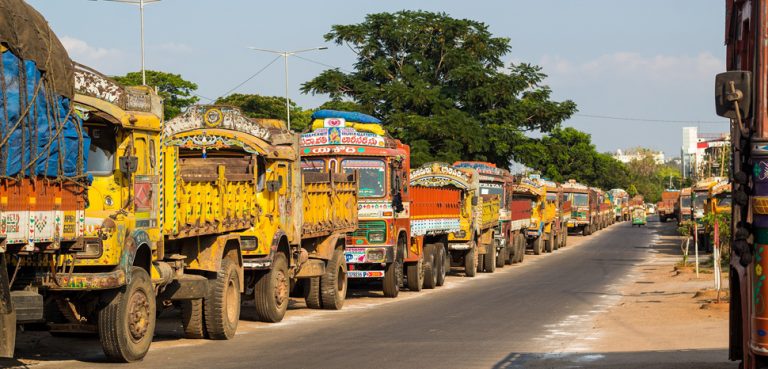A leading expert on public health has warned that masks and travel bans are of limited use in trying to prevent the spread of the Wuhan coronavirus.
Professor David Heymann, a distinguished fellow of the global health program at Chatham House in London, told reporters that laws which attempt to prevent people from leaving cities such as Wuhan in China are only “experimental measures.”
“Nobody knows whether shutting down international travel has reduced the export of cases,” he said.
Dr Heymann said that although face masks are useful in preventing someone from spreading the virus when they sneeze or cough, masks cannot prevent a person from catching the disease. He warned that people are at particular risk of infection if they take off the mask to eat, or if it is not fitted properly, or if it gets wet.
Dr Heymann also said that “there will probably not be a vaccine in time for this outbreak.”
Global concerns
Coronavirus has been recorded in about 25 countries and has led to deaths in two places outside of China.
But Dr Heymann supports the view of the World Health Organization that it is not a pandemic and there is insufficient data to form a reliable risk assessment.
“I don’t like to make predictions,” he said but added that he is encouraged that “outside of China, it seems as though there has been great success in controlling the disease.”
He explained: “The mortality rate is said to be about two percent but it’s very difficult to know for sure. We have figures of how many people are said to have died from the virus, but what we don’t know is the number of cases.”
Estimates of suspected cases inside China vary widely, with some reports putting the figure as high as 40,000.
Asian risks
The head of Chatham House’s Centre on Global Health Security, Rob Yates, said he is concerned about the potential spread of the disease to other Asian countries such as India, Myanmar, and Bangladesh, which have relatively under-resourced health care systems.
“The population there would be at a higher risk than China,” warned Dr Yates, who was a senior health economist at the World Health Organization from 2011 to 2014.
He added: “Borders cannot stop infectious diseases. You may try to shut down arrivals by preventing air travel from certain countries but there are other ways in which people and diseases can travel.”
Chinese politics
In China, the authorities are attempting to restore public confidence after being criticized for not acting sooner. China’s top leadership has admitted “shortcomings and deficiencies” in the way the outbreak has been handled.
The central government has attempted to shift blame onto the regional government in Hubei province, which includes Wuhan.
The former BBC’s correspondent Yuwen Wu claims that there has been a cover up. She says officials in Hubei knew that the new coronavirus could be transmitted through human contact long before they told the public.
Several doctors who tried to warn of danger were accused of spreading rumors. “Rather than being praised for trying to protect people, they were arrested, interrogated and punished,” claims Ms Wu.
Memories of SARS
Many analysts see a parallel with the pattern which emerged during the SARS outbreak in the early 2000s.
The editor of China File, Susan Jakes, says: “At that time, doctors in Beijing were ordered to conceal local transmission of the virus, lest it interfere with the annual meeting of the National People’s Congress. Hospitals in the capital moved infectious, severely ill patients out of their beds to hide them from World Health Organization inspectors.
“At one hospital, the patients were driven around Beijing in ambulances for the duration of the inspectors’ visit. At another, patients were hidden in a hotel and at another in the hospital basement,” claims Ms Jakes.
Economic impacts
At the time of the SARS outbreak, Professor Heymann was responsible for the World Health Organization’s response. He says that the epidemic had a profound impact on the Chinese and Asian economies.
“The difference between then and now is the extent to which the Chinese economy has been integrated into the global economy,” says Dr Heymann.
China now accounts for a much larger proportion of global GDP than it did in 2003 and has become the leading trading partner for many countries.
Neil Shearing, chief economist at Capital Economics, says: “Obviously, the effect on China’s GDP will depend on the rate of the spread of the virus and if the epidemiologists don’t know how this is going to play out, then you can pretty sure that the economists don’t know either.”
Mr Shearing says that in 2003, the Chinese authorities attempted to deny that SARS was having any impact on the economy, which he says was an implausible claim.
He told the BBC that independently compiled data suggests that the Chinese economy lost three percent growth during the SARS epidemic. And he says that as a result of the coronavirus “we’re looking at a slowdown of a similar order this time around.”




